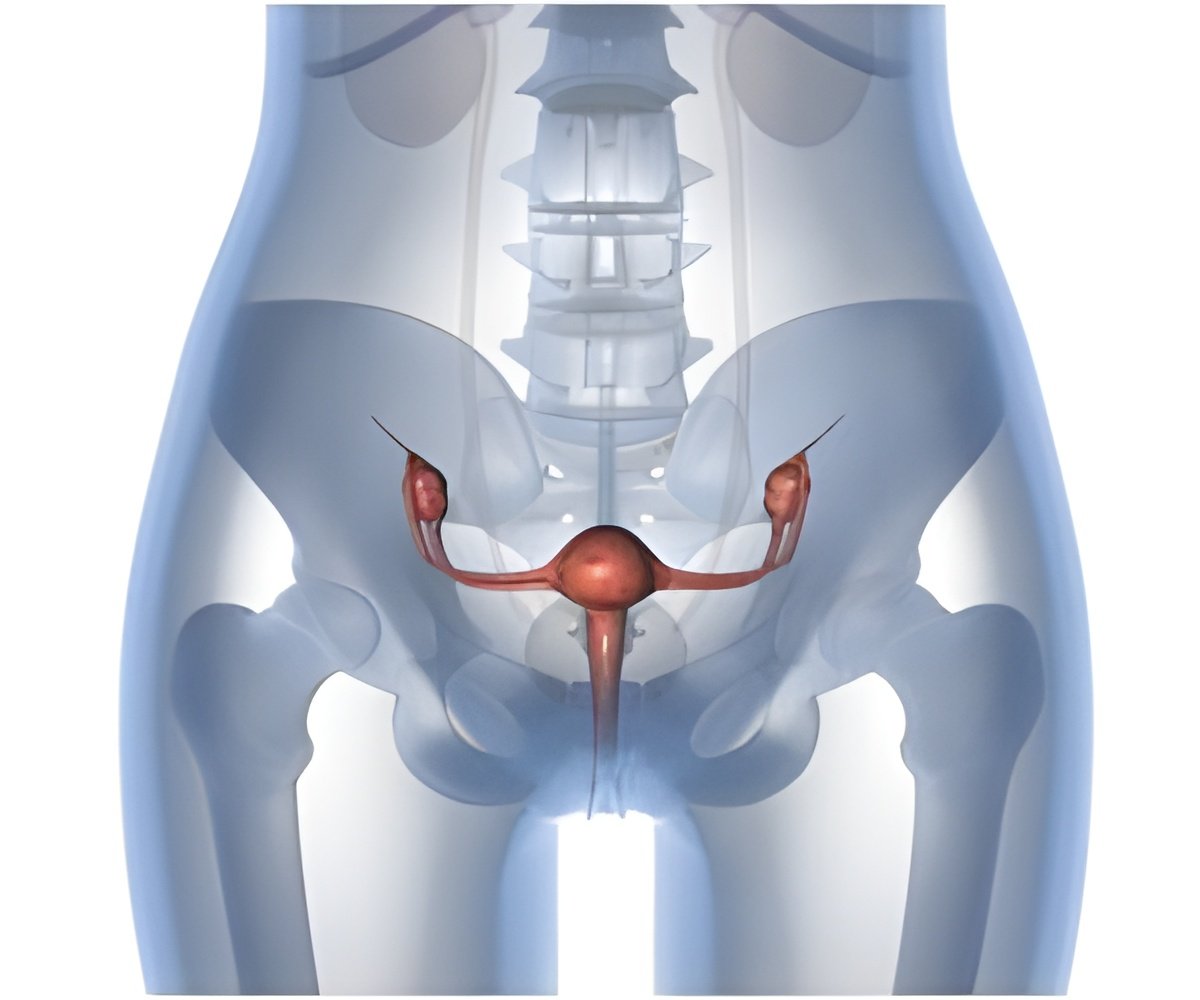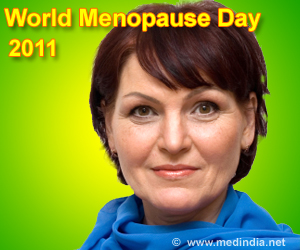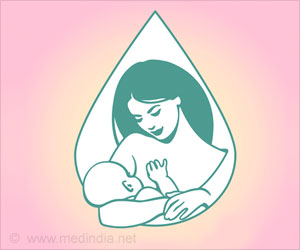Duke University researchers have found that younger women who undergo hysterectomies face a nearly two-fold increased risk for developing menopause early, confirming what many obstetricians

"Hysterectomy is a common treatment for many conditions, including fibroids and excessive bleeding," said Patricia G. Moorman, PhD., MSPH, an associate professor in the Department of Community and Family Medicine at Duke University and lead author of the study.
"Most women are very satisfied with the results of a hysterectomy. But this is a potential risk of the surgery that should be considered along with the benefit," she stated.
The Duke team enrolled nearly 900 women ages 30 to 47 at two hospitals in Durham, N.C.-Duke University Medical Centre and Durham Regional Hospital - and followed up with blood tests and questionnaires for five years.
Half the women, 465, were healthy controls who had no surgery, while 406 women underwent hysterectomies that spared at least one ovary.
Moorman said doctors have long known that early menopause - either from surgery or from other factors that halt egg production - can increase a woman's risk of osteoporosis, heart disease and other ailments.
Advertisement
The risk for menopause was highest among women who had one ovary removed along with their uterus, but it remained elevated even when both ovaries stayed in place.
The study has been published in the December issue of the journal Obstetrics and Gynecology.
Source-ANI















